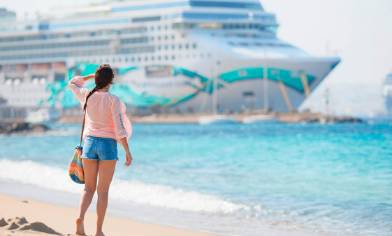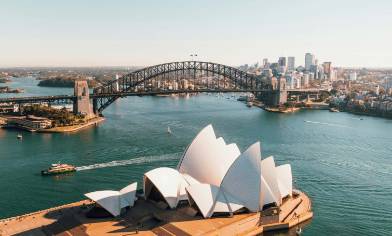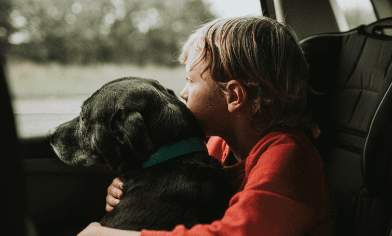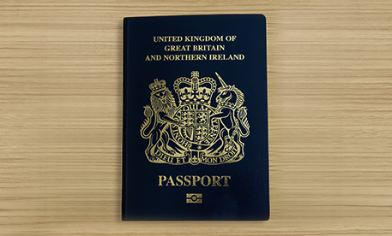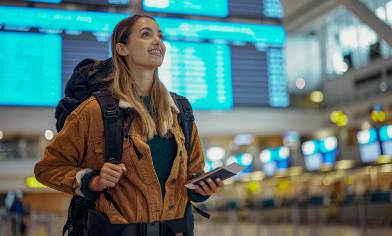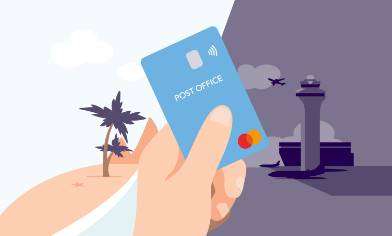Daypack
You won’t want to carry around your big backpack when sightseeing, so invest in a smaller pack to carry daytime essentials such as your phone, sun cream, water and a good book. Some backpacks come with a detachable daypack so think about adding one of these to your backpacking checklist to save space.
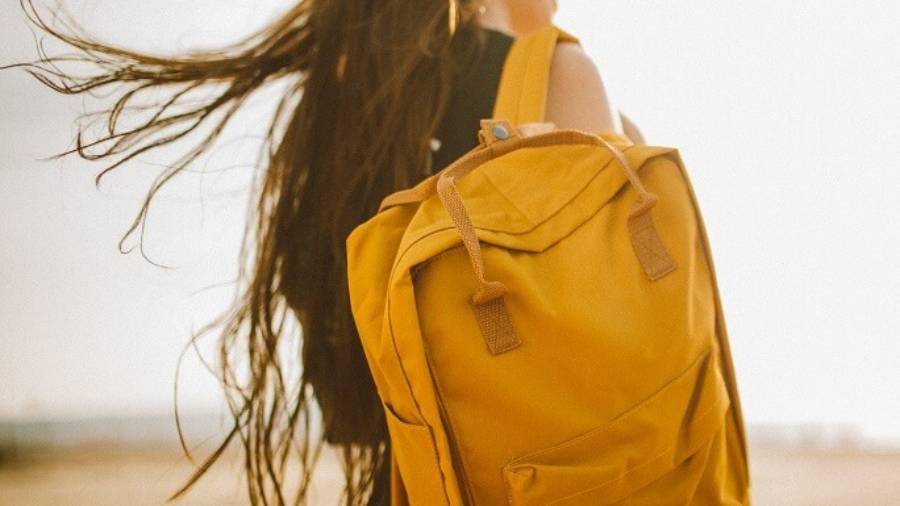
Clothing
The heaviest thing in your backpack is likely to be your clothes so take a long look at what clothes you want to take and leave all but the most important packing essentials. Since you should aim to wash your clothes every seven days, don’t pack more than a week’s worth of clothing, and if it’s going to be cold, pack thermal layers and a fleece jacket rather than a big bulky coat. Go for darker shirts and trousers that let you mix and match better, as well as hiding the odd stain or two.
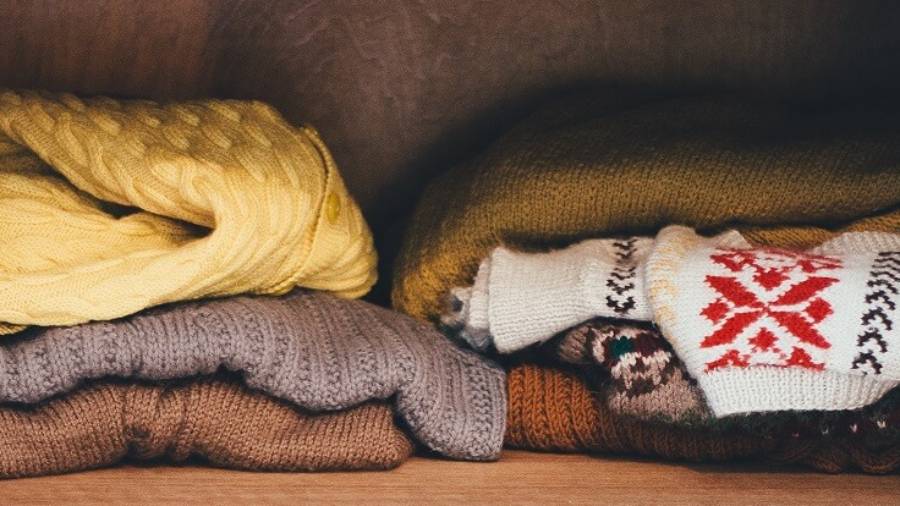
Documents
As well as your passport and any visas you require for all the countries you’re likely to visit, take printouts of your plane tickets, travel arrangements and insurance documents, as well as details of any booked trains, hotels or hostels. Take pictures of everything and email them to yourself so you can gain access to them in case they’re lost or stolen, and make sure your passport has at least six months before it expires.
Travel towel
You may not be able to rely on freshly laundered linen everywhere you go, so a travel towel is an essential for backpacking, in order so you can always have a wash or shower. Make sure you get the quick-drying version as carrying around a dripping wet towel isn’t going to do much for your back, or the state of your clothes.
Toiletries
Large bottles of shampoo, conditioner, shower gel and moisturiser will weigh you down, so limit yourself to the basics and only take small bottles. Wherever you go, it’s likely you’ll be able to buy most brands in the local supermarket. The same thing goes for washing liquid, stain remover and Wet Wipes, although you may want to pack enough to see you through the first week.
Health
If you take regular medication, ask your GP to write a letter explaining what the medication is and why you need to take it, and take a copy of your prescription so you can get more in case you run out, or if your luggage is lost. A first aid kit packed with painkillers, anti-histamines, plasters, Imodium, rehydration sachets, bandages and dressings is another backpacking essential. It’s also worth packing some ear plugs and an eye mask to make sure you don’t miss out on sleep – wherever you are and whatever time of day it is.
Electronics
Your mobile phone is likely to be first on the list of necessary items, but if you have a very expensive phone then consider swapping it for a cheaper version – one that’s less likely to be stolen or you don’t mind as much if it’s lost or broken. Buying an eSim card can also help you save money on calls and data while you’re travelling. If you’re a fan of books, invest in an e-reader or small tablet and download all the books, apps and music you need to keep yourself entertained. With all these gadgets, a portable battery is handy in case you run low on charge when out and about, or when you don’t have the right plug adaptor.
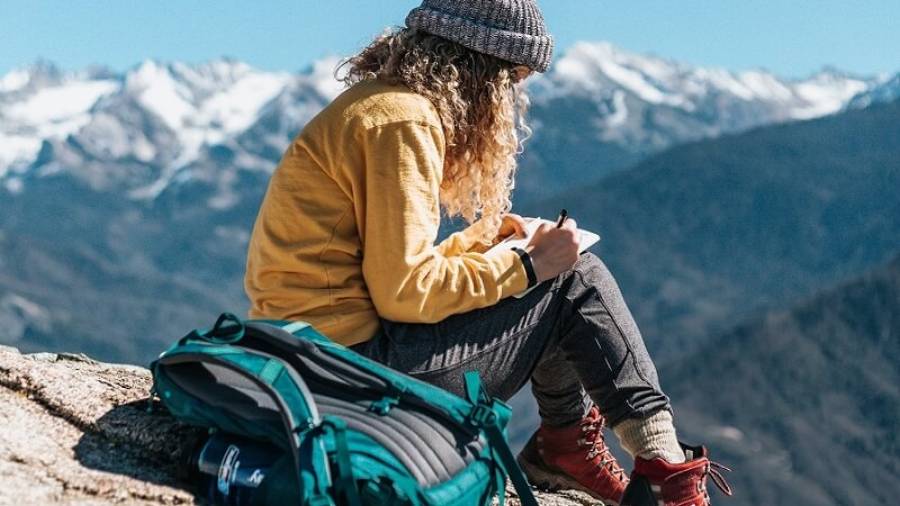
And finally…
Depending on where you’re going and for how long, you should also consider taking other necessary items:
-
A torch
Essential if you get in late to your hostel and don’t want to wake everyone up, or if you’re travelling in remote areas.
-
A notebook and pen
Great for jotting down memories of your trip, as well as any important information you need to remember.
-
A travel clothes line
Drying hand-washed clothes will become a regular task, so make it easier by packing a light clothes line.
-
Ziploc bags
Use them to protect important travel documents and gadgets from water, sand and dirt.








































